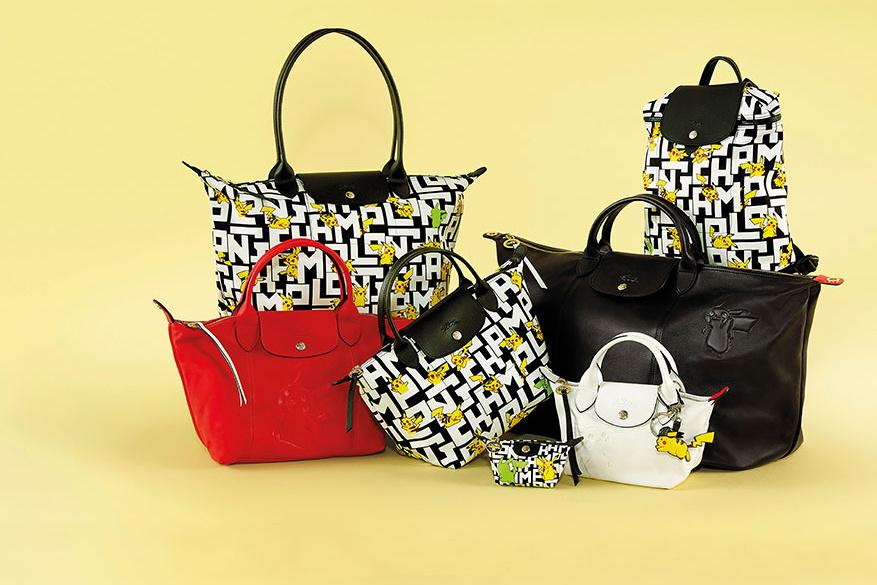Pikachu at Fashion Week | The Press
(Paris) Covering your favorite avatar with the logo of a prestigious brand or displaying Pikachu on your bag is now " fashion ": luxury is investing in the world of video games to try to better seduce the strategic " generation Z", intended to become its main clientele.
Published on Oct. 6, 2020Yassine KHIRI Agence France-PresseMore than a fad, an underlying trend. After partnerships between Moschino and The Sims, Louis Vuitton and League of Legends, or even Marc Jacobs and Valentino with Animal Crossing, it is the turn of the leather goods manufacturer Longchamp to join forces with a major player in the video game industry by launching a atypical collection with the famous Pokémon Go game.
" We have always liked to break the codes a little bit and surprise. The idea, for me, was to bring together two completely different worlds, and show that we can completely make the world of video games cohabit with the world of fashion and our know-how," explains to AFP Sophie Delafontaine, artistic director of Longchamp.
" We have done a lot with art, design, architecture. "Gaming" is a new form of exploration and creativity" with "a very strong imagination and a richness of graphics", she adds.
In concrete terms, the French brand produced for Fashion Week a line of bags and accessories bearing the image of Pikachu, the essential little yellow character from the Pokémon universe, designed for the occasion with a jockey bomb, like a nod to the original Longchamp logo.
Forty percent of purchases by " GenZ " by 2035

These models, priced from 50 to 800 euros ($78 to $1,250), will also be offered in virtual version to millions of Pokémon Go players around the world.
When there are no partnerships with major publishers like Electronic Arts or Niantic, it is the luxury brands themselves that create their own mobile games like Burberry with the B Bounce application, Gucci with Gucci Arcade or Hermès with H-pitchhh.
Beyond a growing " affinity " of the artistic directions with this " very creative " sector, the objective is to address the strategic target of the 15-24 year old generation " in the places where they is found and consumes" in order to engage " a relationship that goes beyond a beautiful visual", say the analysts.
And for good reason, according to a study by Bain & Company, the "Generation Z" born after 1995 should make 40% of luxury goods purchases by 2035.
"If we look at all the figures, growth is driven by the younger generation, especially in Asian countries, with an average basket that increases every year. There is therefore an interest for brands to reach them through different means than traditional media which no longer reach them," explains Audrey Depraeter-Montacel, director of the luxury division at Accenture, to AFP.
Asia, privileged playground
Faced with the ongoing upheaval in the profile and practices of customers, " there are many houses which are in the process of generational renewal ", because " the risk main thing is to be outdated," adds Frédéric Gigant, partner at BearingPoint, luxury and customer experience expert.
"But if we manage to capture these first-time buyers, we can really retain them for a very long life," he adds.
A positioning that is all the more important as it is in Asia, which has become the "epicenter" of the global growth of the luxury market, that there is the largest number of video game consumers with 1.4 billion paying players, against 668 million in Europe, according to the firm DFC Intelligence.
It was all but a coincidence that last year Louis Vuitton designed a special trunk to carry the League of Legends World Championship trophy, a very popular esports competition in China and South Korea.
Another potential revenue and visibility avenue for luxury brands in video games: "the skins business", these virtual collections that players can buy online to dress up their favorite avatars while "there are "gamers" ready to spend a lot of money for it", recalls Frédéric Gigant.
"Today it's very marginal, but the world is changing faster than we think, it could become potentially interesting", predicts Audrey Depraeter-Montacel.








